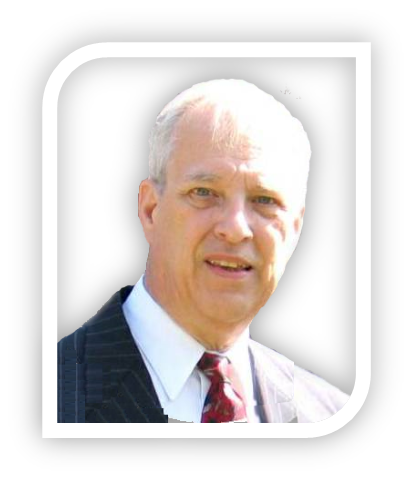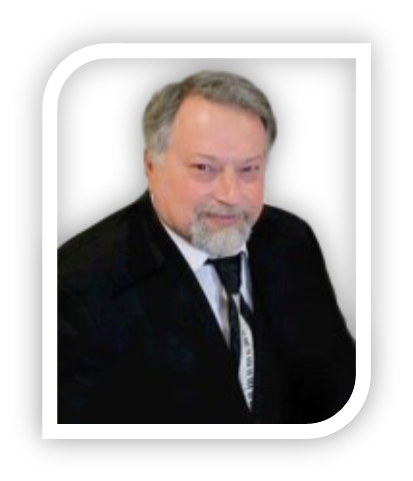|
FLUID CATALYTIC CRACKING PROCESS TECHNOLOGY |
“This is a great course for new people to the FCCU as well as experienced ones. Always something to learn. The Instructors are very knowledgeable. Shared their personal experiences with great examples.”
— Performance Shift Supervisor FCC/Alky, HF Sinclair, United States
“This is a great course for new people to the FCCU as well as experienced ones. Always something to learn. The Instructors are very knowledgeable. Shared their personal experiences with great examples.”
— Performance Shift Supervisor FCC/Alky, HF Sinclair, United States
“This is a great course for new people to the FCCU as well as experienced ones. Always something to learn. The Instructors are very knowledgeable. Shared their personal experiences with great examples.”
— Performance Shift Supervisor FCC/Alky, HF Sinclair, United States
| Schedule | Date | Time | PDH | Venue/Platform | Cost | Register |
|---|---|---|---|---|---|---|
| Fall 2024 | September 30 – October 2, 2024 | 8:00 AM – 5:00 PM Central Time (UTC -6) |
24 hrs. | Sheraton North Houston at George Bush Intercontinental Accepts virtual and in-person attendees |
US$3,200 |
| Outline: | ||||
|
|
|
||
|
Who Should Attend:
This program is ideal for personnel involved in refinery process engineering, unit operations, catalyst sales, technical service and catalyst/process research and development. Process engineers from design and construction companies as well as those who provide services to the petroleum refining industry should also find this program beneficial. |
||||
| Instructors: | |

|
Warren S. Letzsch is an independent consultant with an extensive FCC background. His prior employment was with Stone & Webster, Inc., a Shaw Group Company, where he was responsible for FCC/DCC technology and business development and with Refining Process Services where he was involved in licensing of the MagnaCat® Process. He was also Director of Worldwide Sales and Marketing for UOP/Katalistiks. He has had experience with Total Petroleum as Manager of Refining Technology and with Davison Chemical and Shell Chemical in research, marketing, and technical support of petroleum catalysts. Warren has authored numerous articles on refining technology and holds seven patents in the FCC area. He holds B.S. and M.S. degrees in Chemical Engineering from the Illinois Institute of Technology.
|

|
Alan R. English is an independent consultant, has extensive experience in the petroleum refining industry. During his 40 plus year career, he helped dozens of refineries in North America, South America, Europe, Asia and the Middle East optimize their performance. He was employed at KBC Advanced Technologies, Sunoco, Chevron and Gulf Oil. Al led the development and commercialization of the use of tin for vanadium passivation and bismuth for nickel passivation. He has authored or co-authored 13 publications and twice served on the NPRA (now AFPM) Q & A Panel. He holds three US patents. Al has a BS degree in Chemical Engineering from Lehigh University and an Executive Masters degree in Technology Management from Stevens Institute of Technology. He is a licensed Professional Engineer in Pennsylvania.
|

|
Mel Larson has 40 years of domestic and international operations experience managing various projects and specialty consulting on Fluid Catalyst Cracking processes. His project management experience includes strategy analysis and due diligence of refinery and system wide modifications taking into account local and international market projections. His consulting services specialize in process troubleshooting and profit improvement analysis in the FCC, Unsaturates Gas Plant, Alkylation, and Naphtha Reformer areas.
|
Discounts:
Becht offers the following discounts on Public Training:
The highest applicable discount will be applied; discounts are not additive.
- Early Registration – A 10% discount is to be provided when you register 30 days before the start date of the training.
- Group Rate – A group discount is applied when you send three or more people from your organization to the same course and provide a single payment.
- Yearly Commitment Discount – A 25% discount when you prepay for a minimum of 10 participants from your organization to any of the courses in the same year.
| No. of Registrants | Discount/Person | ||
|---|---|---|---|
| 3 | 10% | ||
| 4 – 6 | 20% | ||
| 7 and up | 25% |
Cancellation Policy:
Full refunds or course transfers are available 4 weeks prior to the class start date. Cancellations 2-4 weeks out are eligible for course transfers or a refund of 60% of the registration fee. Cancellations within 2 weeks of the class will not be eligible for a refund. For any inquiries, please email training01@becht.com.
